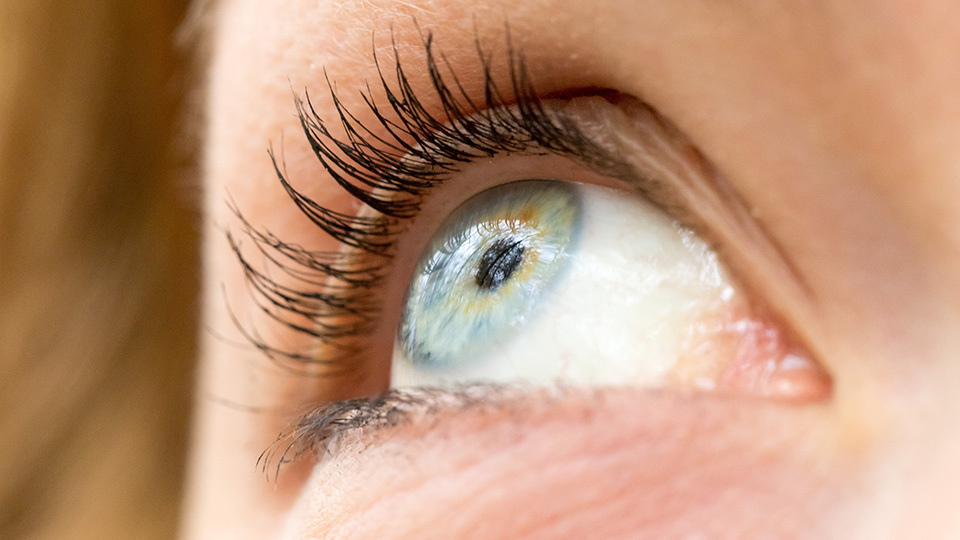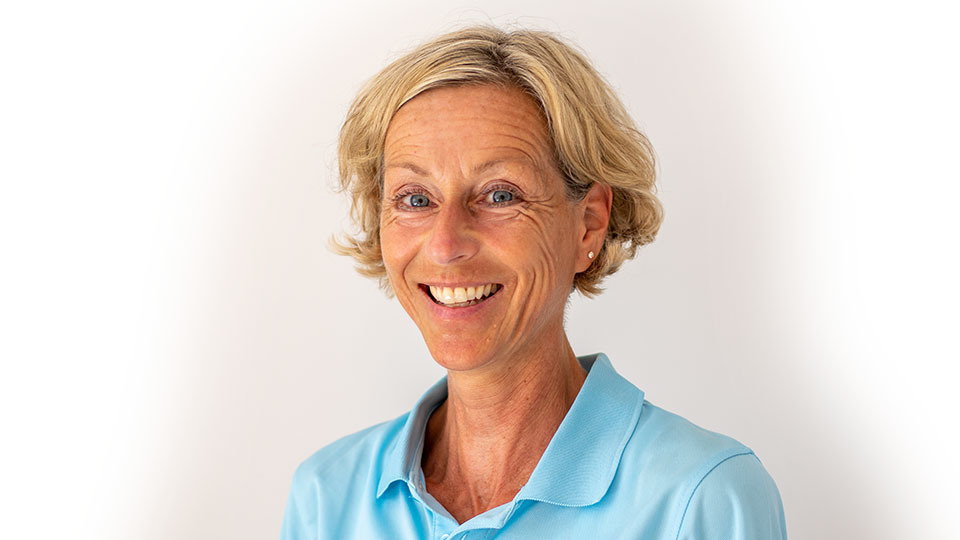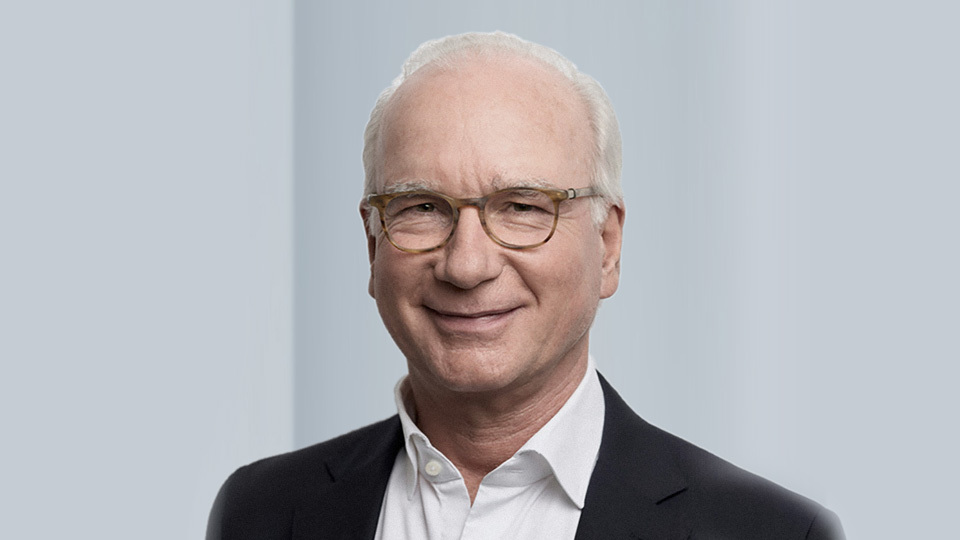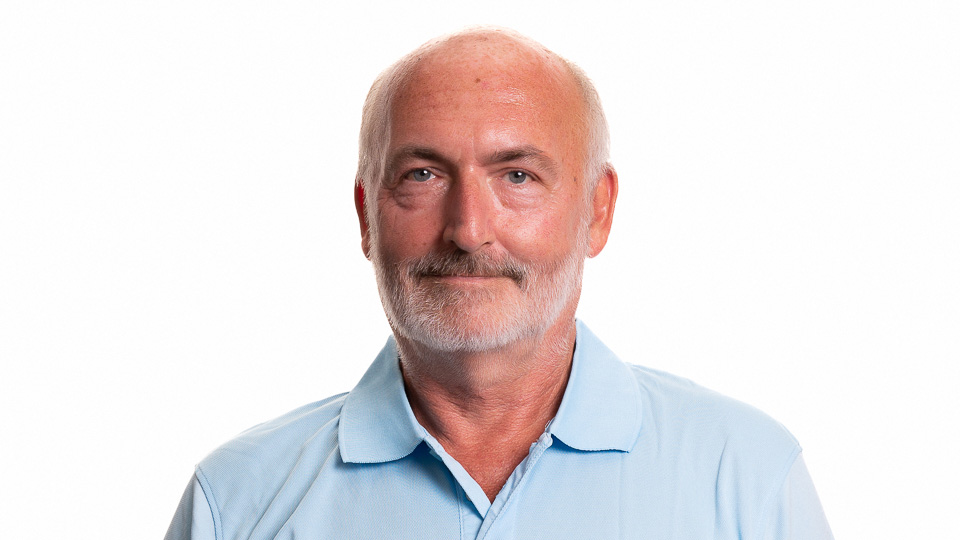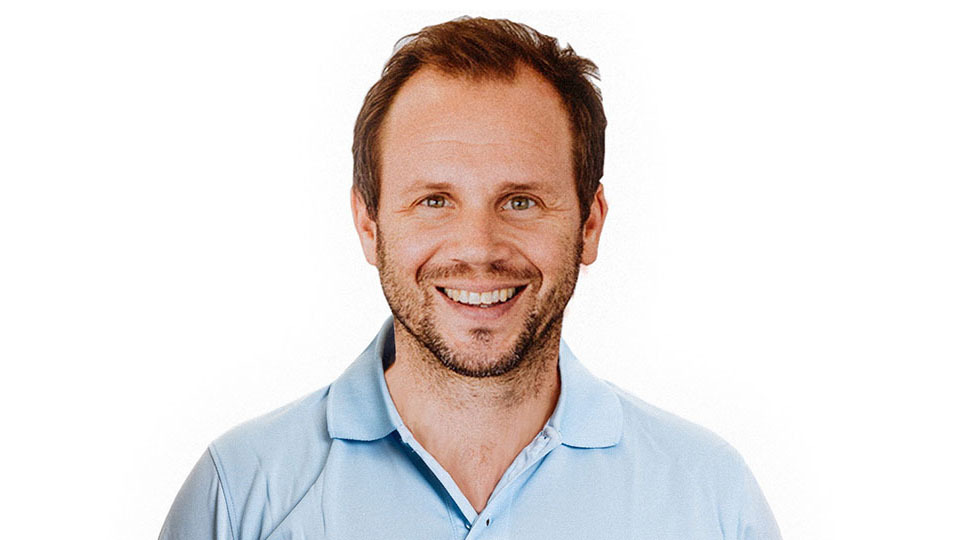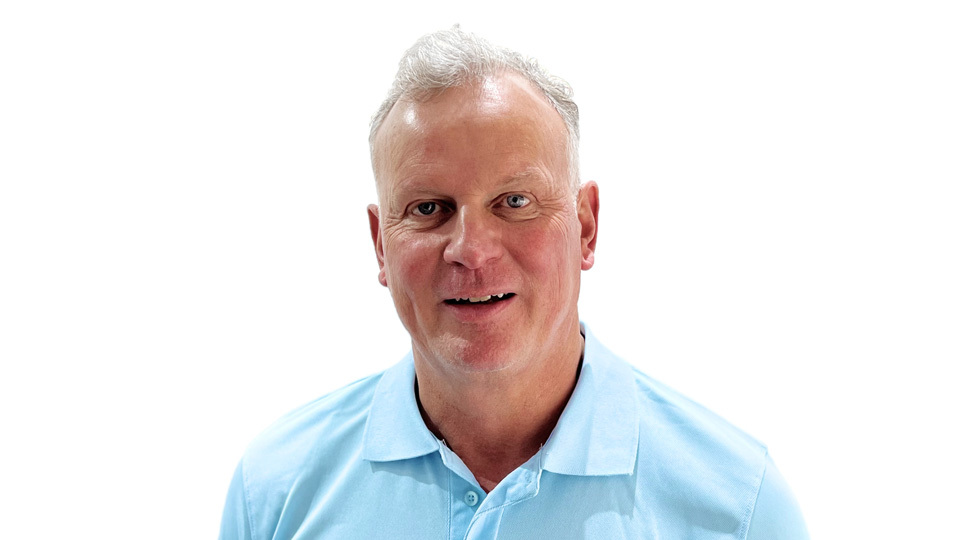My friends and family really only know me with glasses. I have been wearing glasses all the time for about 20 years, most recently as varifocals.
When I explained our new eye laser, I was often asked why I would still wear glasses myself. My answer was always the same: At my age, lasering is not always the best choice because you would then still need reading glasses - and if anything, I wanted to be able to do without glasses completely and see well at all distances. There has been quite a quantum leap in lens development in recent years, as our ophthalmologist, Dr. Beckers, explained to me. Multifocal lenses have been around for some time, but, in the past, they were not 100% recommendable.
This has now changed - and so I have decided to put an end to the subject of glasses for myself. I had got used to my glasses, but when I was doing sports, DIY or at night, they were anything but optimal. And at around 2.5 diopters, I saw pretty poorly at all distances without my glasses.
Nevertheless, I also had, of course, some concerns. An operation on the eye scares many people off at first. However, it was clear to me that I would probably have to have such an operation at some point anyway, should I (like 95% of all people in old age) get a cataract. So why should I still live with the suboptimal solution of glasses, if I can not only get more quality of life, but also prevent a later operation on the eye, because I can no longer get a cataract after the laser?
The idea of being able to live without glasses into old age - provided, of course, that I do not develop any further eye diseases - was ultimately the decisive aspect for me.
To further dispel any concerns I might have about this operation, it is the most frequently performed eye surgery in the world. Dr. Beckers has already performed it about 1000 times. This is, of course, not meant to trivialize the operation, because it is and remains an operation with certain risks, which must be explained beforehand.
Now to the operation itself: Firstly, you get a weak sedative tablet if you want it. The eyes themselves are dilated and anesthetized with drops, which is perfectly adequate: you feel the pressure of the instruments, but no pain. The surgeon always tells you what he is doing, and this was exactly according to the previously communicated procedure. For "younger" people like me (I'm 56), the lens is still soft, can be easily aspirated, and doesn't need to be cut up, as in the gray start. The moment when the lens has been removed is quite strange: the lights you have been looking at all the time are suddenly only perceivable in a blur. But when the new lens was inserted, it instantly unfolded in the eye, and I could see everything sharply again. Then the lens is precisely aligned, since it can also compensate for a corneal curvature. There is again a slight pressure when closing the incisions through which the operation was performed - and the operation is over.
Two days after the first eye, it was the second one’s turn. The eye was very sensitive to light due to the eye drops, but this disappeared after about 24 hours. One day later, I already had 90% vision in one eye, and shortly after that I could read on my Kindle again with normal font size. Then, a week after surgery, I had measured zero diopters, could read at 125%, and only had slight habituation problems at night with lights having corona-like light effects around them. And as with varifocals, the eyes and brain have to fully adjust, which can take up to four weeks, according to Dr. Beckers. However, it was already clear to me at this point: the operation was 100% the right decision!
Now everyone around me just has to get used to the sight of me without my glasses ...
As the managing director of the German Specialist Center, I have often watched this operation "from the outside", so to speak, and it becomes clear that this is a real operation. But as a patient, you notice surprisingly little of it.
I have deliberately described my personal view and my motives for this operation here, not because I want to advertise it, but to describe how I felt. So, if you would like to know more about this topic or have further questions, please feel free to contact me!
